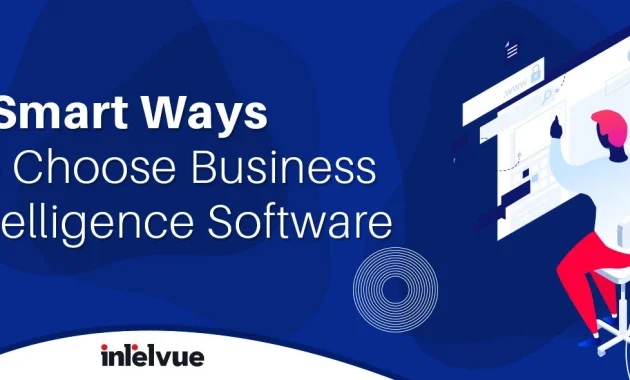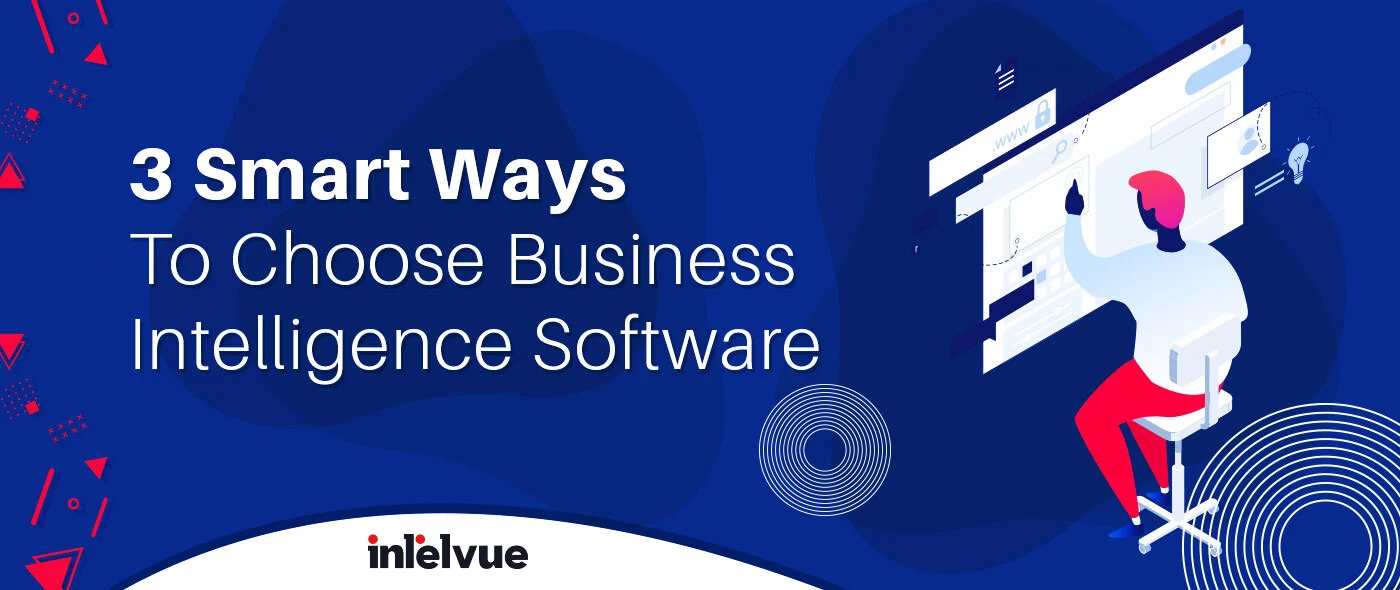
Discover Business Intelligence Software That Makes Decisions Easy
In today’s data-driven world, businesses are drowning in information. The challenge isn’t a lack of data; it’s the ability to extract meaningful insights. That’s where business intelligence (BI) software steps in. This powerful technology transforms raw data into actionable intelligence. It empowers organizations to make informed decisions. This article explores the world of business intelligence software. It will show how it simplifies decision-making.
Understanding Business Intelligence Software
Business intelligence software encompasses a range of tools. These tools analyze data and present findings in a clear way. They pull data from various sources. These may include databases, spreadsheets, and cloud services. They then process and analyze this data. The result is a comprehensive view of business performance. This allows for better decision-making.
The core functions of business intelligence software include:
- Data extraction and integration: Gathering data from diverse sources.
- Data warehousing: Storing data in a centralized, organized repository.
- Data analysis: Applying statistical and analytical techniques.
- Reporting and visualization: Presenting findings through dashboards and reports.
The primary goal of this software is to provide insights. These insights enable businesses to improve performance. They can also identify trends. This helps businesses to make predictions. They can also make better decisions.
Benefits of Using Business Intelligence Software
Implementing business intelligence software offers numerous advantages. These benefits contribute to improved efficiency and profitability.
Improved Decision-Making
Perhaps the most significant benefit is enhanced decision-making. Business intelligence software provides data-backed insights. These insights reduce guesswork and assumptions. Decision-makers can rely on facts and figures. This leads to more strategic choices. It also minimizes the risk of costly mistakes.
Enhanced Efficiency
Business intelligence software automates data analysis. This reduces the time spent on manual tasks. It frees up employees to focus on more strategic initiatives. Automating reporting also improves efficiency. It ensures timely access to key performance indicators (KPIs).
Increased Revenue
By identifying trends and opportunities, business intelligence software can boost revenue. Businesses can use this software to analyze customer behavior. They can also optimize marketing campaigns. They can also identify new markets. This leads to increased sales and profitability.
Cost Reduction
Business intelligence software helps businesses to identify inefficiencies. It also helps them to optimize processes. This can lead to significant cost savings. For example, it can help businesses to streamline supply chains. It can also reduce operational expenses.
Competitive Advantage
In today’s competitive landscape, data is a key asset. Business intelligence software provides a competitive edge. This software allows businesses to understand the market. It allows them to understand their customers. It also allows them to respond quickly to changes. This helps them stay ahead of the competition.
Key Features to Look for in Business Intelligence Software
Choosing the right business intelligence software is important. The software should align with specific business needs. Consider these essential features:
Data Visualization
Effective data visualization is crucial. The software should offer various chart types. These include graphs and dashboards. These help users to understand data quickly. They also help them to identify patterns. The visualization tools should be customizable. They should also be easy to use.
Data Integration
The software should integrate with multiple data sources. This includes databases and cloud services. It should be able to handle various data formats. The integration process should be seamless and efficient. This will ensure all relevant data is available.
Reporting and Dashboards
The software should offer robust reporting capabilities. It should allow users to create custom reports. It should also provide pre-built templates. Dashboards should be interactive and customizable. They should provide real-time insights into KPIs.
Advanced Analytics
Look for software that offers advanced analytics. This includes predictive modeling and statistical analysis. These features can help businesses to forecast future trends. They can also identify hidden insights within data.
User-Friendliness
The software should be easy to use. It should have an intuitive interface. This will minimize the learning curve. This will also ensure that all users can access the data. Even those without technical expertise.
Mobile Access
Mobile access is becoming increasingly important. The software should be accessible on mobile devices. This allows users to access data anytime and anywhere. This enables quick decision-making on the go.
Choosing the Right Business Intelligence Software
Selecting the right business intelligence software is a critical decision. It can significantly impact business performance. Consider these steps to make an informed choice:
Define Your Business Needs
Identify your specific goals. Determine the key metrics. These should be tracked and analyzed. Consider the types of data you need. This will help you to select the right software.
Evaluate Software Options
Research and evaluate different business intelligence software vendors. Compare their features, pricing, and reviews. Consider free trials. This will help you to determine which software meets your needs.
Consider Scalability
Choose software that can scale with your business. Ensure it can handle increasing data volumes. Ensure it can accommodate future growth. This will prevent the need to switch software later.
Assess Integration Capabilities
Confirm the software integrates with your existing systems. This includes your CRM and ERP systems. Seamless integration is essential for data consistency.
Prioritize Security
Data security is paramount. Choose software that offers robust security features. These features protect sensitive data. They include encryption and access controls.
Provide Training and Support
Ensure the vendor offers training and support. This will help your team to use the software effectively. It will also resolve any issues promptly.
Popular Business Intelligence Software Solutions
Several business intelligence software solutions are available. Each offers unique features. Here are a few popular options:
Tableau
Tableau is known for its powerful data visualization capabilities. It is user-friendly and offers a wide range of features. It is suitable for various business sizes.
Microsoft Power BI
Microsoft Power BI integrates with other Microsoft products. It is a cost-effective option. It offers robust features for data analysis and visualization.
Qlik Sense
Qlik Sense offers a unique associative data model. It allows users to explore data freely. It also provides powerful analytics capabilities.
Looker
Looker is a data analytics platform. It is designed for larger enterprises. It offers advanced data modeling and governance features.
The Future of Business Intelligence Software
The business intelligence software landscape is constantly evolving. The future holds exciting developments. Here are some trends to watch:
Artificial Intelligence (AI) and Machine Learning (ML)
AI and ML are transforming BI. These technologies automate data analysis. They provide predictive insights. They also help users to identify patterns. This enhances decision-making.
Cloud-Based BI
Cloud-based BI solutions are gaining popularity. They offer scalability and accessibility. They reduce the need for on-premise infrastructure. They also improve collaboration.
Self-Service BI
Self-service BI empowers business users. It allows them to analyze data without IT support. This accelerates decision-making. It also promotes data-driven culture.
Data Governance
Data governance is becoming increasingly important. Businesses must manage data effectively. They must also ensure data quality. This ensures the reliability of insights.
Conclusion
Business intelligence software is essential for modern businesses. It transforms data into actionable insights. It empowers organizations to make better decisions. By choosing the right software, businesses can improve efficiency. They can also increase revenue. They can also gain a competitive advantage. Embrace the power of data. Discover the benefits of business intelligence software. Make decisions easier and more effective.
[See also: Business Intelligence Trends for 2024]
[See also: The Role of Data Analytics in Business Strategy]
